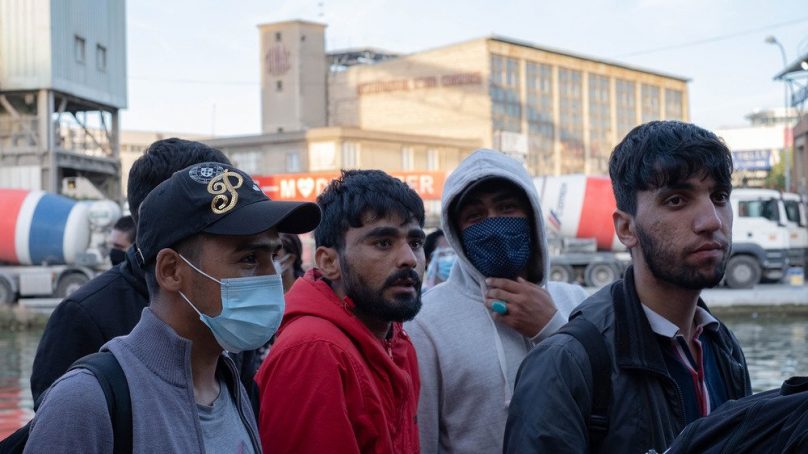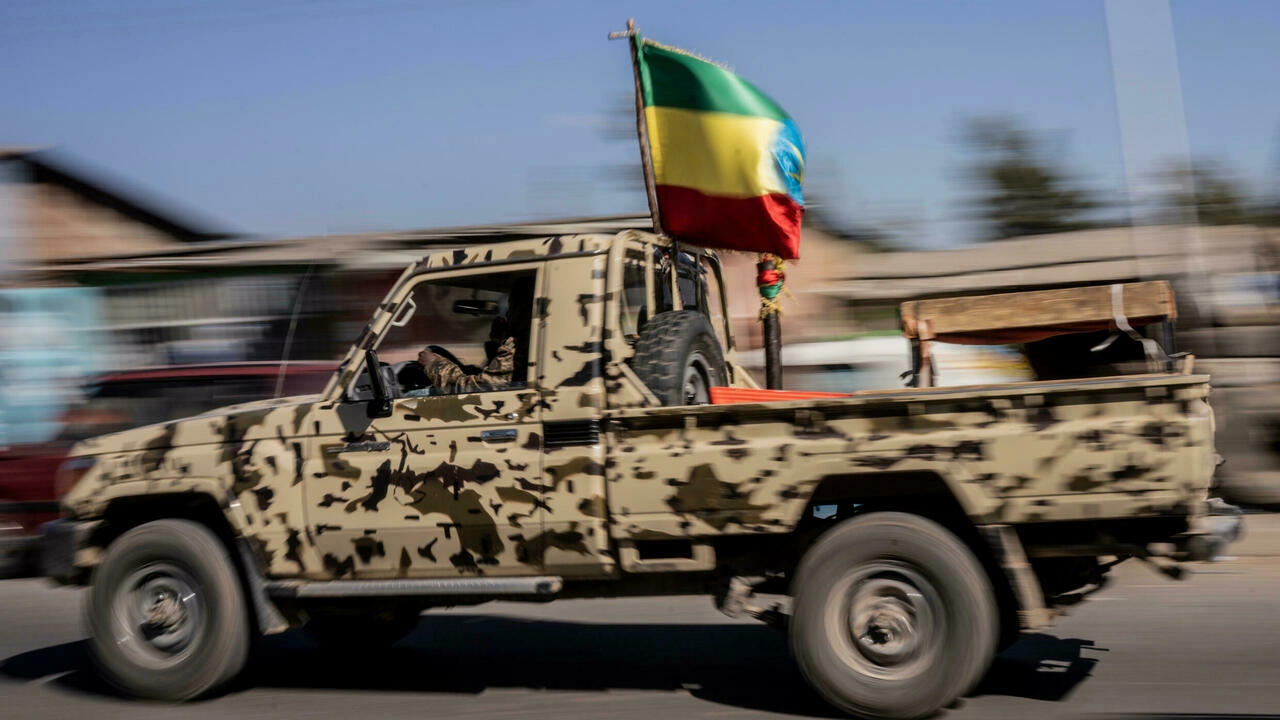
The experience of Afghan asylum seekers in France differs considerably depending on how they arrive in the country, reflecting a tension across Europe between rhetoric about the need to protect people from Taliban persecution and the reality of an erosion of access to asylum.
Around 2,600 Afghans who were airlifted from Kabul by France in the weeks after the Taliban took control of the capital on August 14 – as well as several hundred others quietly evacuated in recent months – have been given preferential access to housing and are having their asylum claims fast-tracked.
Meanwhile, those who make the long and dangerous trek overland face policies that reduce the likelihood of them receiving protection, and often end up homeless once they arrive.
In the first 10 months of this year, France received around 77,500 first-time asylum applications – the second most in the EU behind Germany. Around 11,000 of those were from Afghans, the most of any nationality.
Since the international evacuation effort from Kabul ended at the end of August, legal routes out of Afghanistan are minimal. Canada and the UK have said they will resettle 40,000 and 20,000 vulnerable Afghans, respectively – although the UK’s programme is off to a slow start. On December 9, the EU announced member states had pledged to take in just over 38,000 Afghans. Of those, Germany said it will resettle 25,000 while France will take in 2,500.
Meanwhile, Afghanistan is now in the midst of an economic collapse that is pushing around half its population of around 39 million to the brink of emergency levels of hunger as Western donor countries have frozen funds and imposed sanctions.
Every day, thousands fleeing the fallout of multiple humanitarian crises in the country are reportedly crossing into neighbouring Iran – which already hosts more than three million Afghans and has deported a record number back to Afghanistan this year. Most who cross the border plan to find work, but some want to continue on to Europe.
The prospect of an exodus from Afghanistan has alarmed European leaders, who fear a potential repeat of the 2015 migration crisis, when around one million predominantly Syrian refugees entered the EU in the course of a year. As a result, public statements have focused on a desire to keep Afghans fleeing the country in the region.
In a speech two days after the Taliban entered Kabul, as scenes of desperate Afghans clinging to departing US military planes were being broadcast around the world, President Emmanuel Macron said France had a “duty to protect those who are most under threat in Afghanistan”, but emphasised: “We must anticipate and protect ourselves against significant irregular migratory flows.”
Since then, immigration has become a hot button issue in the campaign for the upcoming April 2022 French presidential election, with candidates across the political spectrum staking out hardline positions.
“Since the start of the summer, the focus of European countries was placed first and foremost on containing refugees within the region and stopping any possible arrivals to Europe, rather than making strong commitments to open pathways to safety for Afghans at risk,” Olivia Sundberg Diez, a Brussels-based policy and advocacy adviser for the International Rescue Committee, told The New Humanitarian. “The worsening humanitarian situation in Afghanistan coincides with mounting threats to the right to asylum in Europe, including for Afghan nationals in need of protection.”
Abdul, a 34-year-old Afghan whose name has been changed to protect his identity, is one of the people who was evacuated from Kabul to France in August.
After the Taliban returned to power, “the situation was very difficult for me,” Abdul explained. “I was working for the government and for foreign companies – French, British, US. I could not even leave my house to go to a shop or to get food.”
His boss at a French consulting company helped get Abdul’s name on a list for an evacuation flight on August 25. Fearing retribution from the Taliban, he decided to risk the 12-hour journey to Kabul from his home in Helmand province. His wife – who had also worked for the French consulting company, but didn’t have a passport – and their three young children stayed behind, hoping to be able to follow later.
After reaching France, Abdul was provided housing and had his first asylum interview on October 15. He brought 65 pages of documents detailing the risks he faced in Afghanistan, his educational background, and the work he had done for French and other Western countries. Less than two weeks later, his application was approved and he was granted refugee status, which includes a 10-year renewable visa, the right to work, and the possibility of becoming a French citizen.
“Everything is going well. I am so happy to be in France,” he said.











